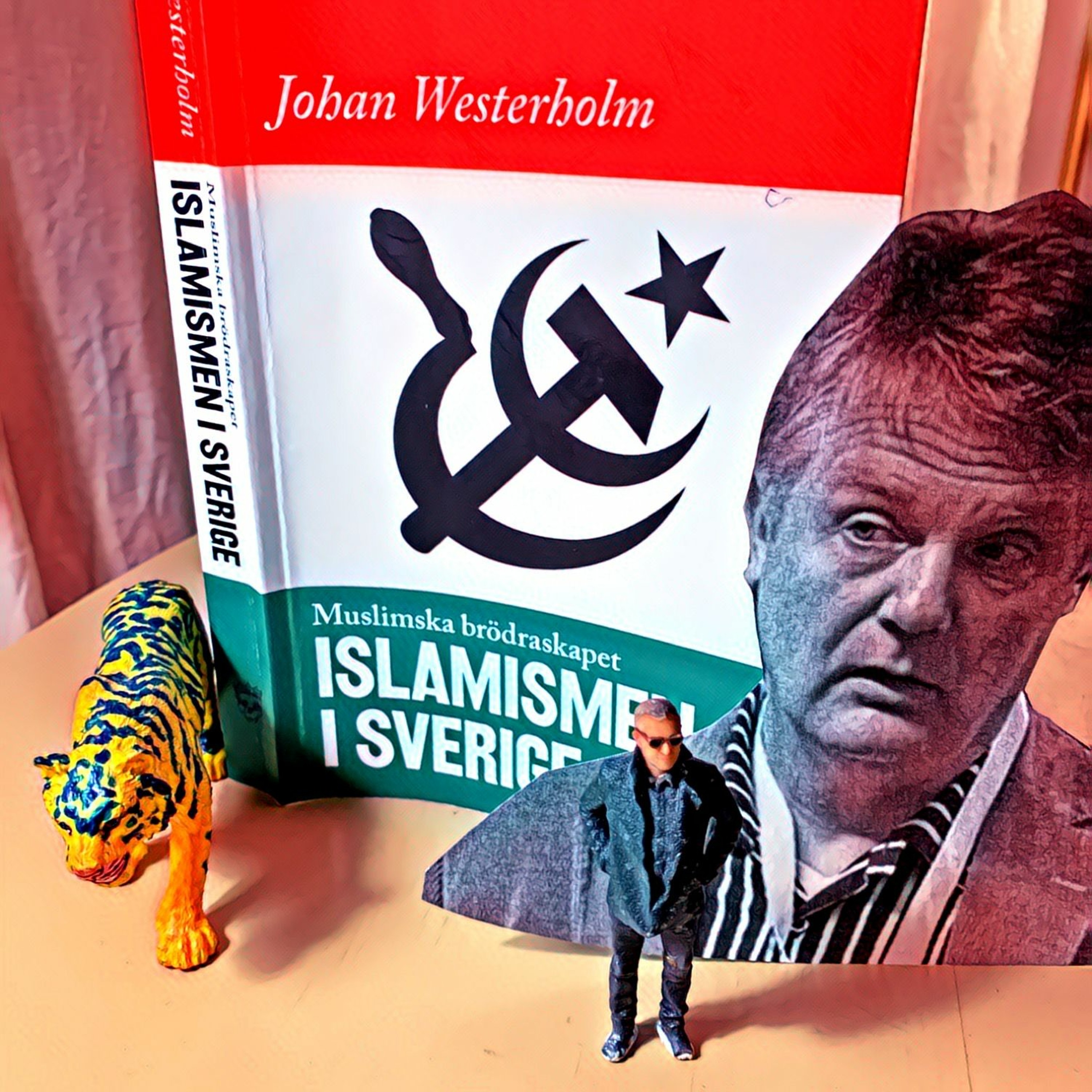
Remote work, teaching and telemedicine have created an enormous boom for video-conferencing services, for example. “We are seeing economies obviously under huge pressure and we’ve seen some companies benefit from what is this exogenous shock.” and Europe are collapsing and millions of employees have lost their jobs, the crisis has also boosted business in some sectors, Galloway observed. Starting with a quote by Russian revolutionary and political theorist Vladimir Lenin, Galloway observed that the coronavirus pandemic did indeed qualify as a time in which a few weeks felt like entire decades because so many seminal events are crammed into very little time.

“I have 96 slides and 1,200 seconds, so let’s light this candle.” You can watch a video recording below, and you may be grateful for the pause button when the slides and charts in Galloway’s presentation fly by a little too fast. The coronavirus pandemic is likely to accelerate existing trends, make powerful companies even more powerful and create entirely new disruptions in existing markets, Galloway told the DLD audience during a DLD Sync session on May 5, 2020. Karl Guido Rijkhoek Director Antje Karbe Press Officer Phone +49 7071 29-76789 Fax +49 7071 29-5566 his bestseller The Four, NYU professor Scott Galloway explained how Amazon, Apple, Facebook and Google came to dominate the digital economy. Phone +49 7071 Eberhard Karls Universität Tübingen Public Relations Department Dr. The Prize was endowed by his son, Franz D. Leopold Lucas, murdered at Theresienstadt concentration camp in 1943. The Leopold Lucas Prize honors the memory of the Jewish rabbi and scholar Dr. He completed his doctorate in Tübingen under the supervision of Professor Otfried Höffe, obtaining the highest possible grade. As Federal Commissioner, he earned recognition as a "Stasi hunter" and "tireless pro-democracy advocate," exposing the crimes of the communist secret police.ĭ ahan Fan born 1979 in Hebei Province, China, studied Philosophy, Economics, and German at Beida (Peking University).

Following German reunification, he served for a single day as a member of the Bundestag in 1990 before being elected by the Bundestag as the first Federal Commissioner for the Stasi Records, serving from 1990 to 2000. In 1990 he served as a member of the only freely elected People's Chamber for the Alliance 90. During the 1989 revolution, he was a co-founder of the New Forum opposition movement in East Germany, which contributed to the downfall of the Socialist Unity Party of Germany (SED). A former Lutheran pastor, he came to prominence as an anti-communist civil rights activist in East Germany. Joachim Gauck, born 24 January 1940, served as President of Germany from March 2012 to March 2017. Fan was selected for his doctoral thesis on the famous German philosopher: „Die Problematik der Interesselosigkeit bei Kant: Eine Studie zur Kritik der ästhetischen Urteilskraft.“ It goes to individuals who have promoted tolerance and better relations between people and nations.Īt the suggestion of the Faculty of Humanities, this year’s Lucas Prize for Junior Researchers went to outstanding Kant scholar, Dahan Fan. The €50,000 Prize honors outstanding achievements in the fields of theology, intellectual history, historical research, and philosophy. The award will be made on Tuesday, May 16, at 5pm in the Festsaal, Neue Aula, Geschwister Scholl Platz. The jury praised his opposition to political populism.

The Faculty of Protestant Theology bestows the award for Gauck’s unflinching committment to freedom and tolerance as well as for his solid academic work.

Leopold Lucas Prize goes to Joachim Gauck, who recently left the post of President of Germany. Joachim Gauck receives 2017 Lucas Prize University of Tübingen pays tribute to outgoing German president Junior Lucas Prize goes to philosopher Dahan Fan


 0 kommentar(er)
0 kommentar(er)
